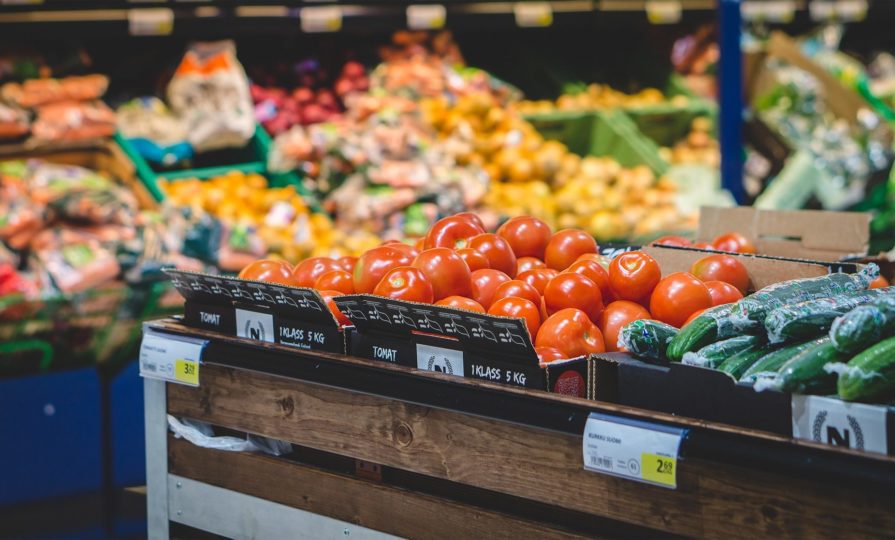Grocery growth slows as market eases out of lockdown

The latest grocery market share figures from Kantar show take-home grocery sales growth slowed to 14.4% year on year during the 12 weeks to 9 August 2020.

Join 15,000 retail professionals with a membership
Get unlimited access and stay in the know. First-year special offer pricing. Cancel any time.
You have read 2/2 free articles this month.

How many members should have access to the subscription?
Monthly
Yearly
Save £9.89
No, thanks
I already have an account

The latest grocery market share figures from Kantar show take-home grocery sales growth slowed to 14.4% year on year during the 12 weeks to 9 August 2020.